1620 Mayflower leaves Plymouth to find rock – Kate has been there

1810 Mexican rebel against Spanish rule – been to Mexico

1908 William Durant incorporates General Motors – had Chevrolets
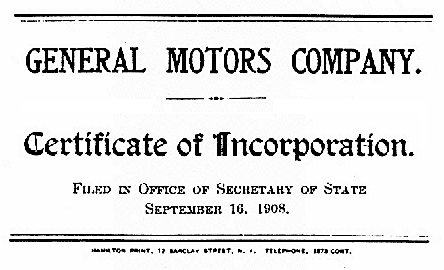
1956 First Television broadcast in Stralia – watched 9

1975 PNG independence – nada
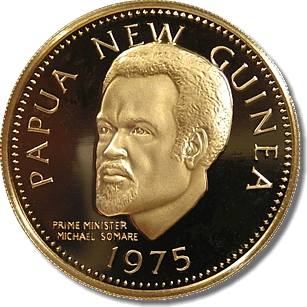
Author: Michael W Jackson
‘Island of the Mad’ (2018) by Laurie King
The fifteenth in the series featuring Sherlock Holmes and his young wife Mary Russell.
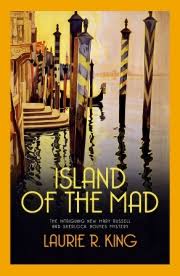
This time the dynamic duo come to the aid of Mad Woman, whose madness is to be a lesbian and have a very unpleasant brother, who in addition to sexual harassment, rape, and theft, also wears a blackshirt when visiting Italy. What a package is this straw Marquess.
But the shenanigans give occasion for Mary Russell to break into Bethlehem Royal Hospital, better known as Bedlam. Thereafter the fashion show moves to Venice and the eponymous island, Poveglia.
There the twosome meet Elsa Maxwell (1893-1963) and Cole Porter (1891-1964) of Indiana. She was born in Keokuk Iowa (been there) during a theatrical performance, and pretty much thereafter never left the stage of her own making.
 Maxwell in 1933
Maxwell in 1933
Professor Wiki describes her as a songwriter, gossip columnist, radio presenter, and professional hostess. Prof also credits her with engendering the treasure hunt and the scavenger hunt as party pastimes.
There is a nice study of Porter in these pages and his intense relationship with Linda, his wife.
 The palazzo the Porters rented in Venice. Porter once hired the Ballet Russe to entertain at a party there.
The palazzo the Porters rented in Venice. Porter once hired the Ballet Russe to entertain at a party there.
There is very little sleuthing. Though much of the plot is hidden in plain sight, and that is a nice trick. Many of the things seen and done are taken figuratively, only later to realise they were literal. Though I never did figure out what the brother in the white coat was doing, or quite how Mussolini’s wife related to things. There is also some insight into how Bedlam worked. The research shows, but alas some of its presentation is laboured.
Much too much padding about the fashions and morēs of rich and infamous in corrupt and decadent Venice of 1925. Hmm.

Yet it is remarkable that Laurie King has sustained this series since 1994 through fifteen titles and one collection of short stories.
15 September in history
1588 The Spanish Armanda lost – Thomas Hobbes was born.

1917 Alexander Kerensky formed a Republican government in St Petersburg – saw him give a talk once.
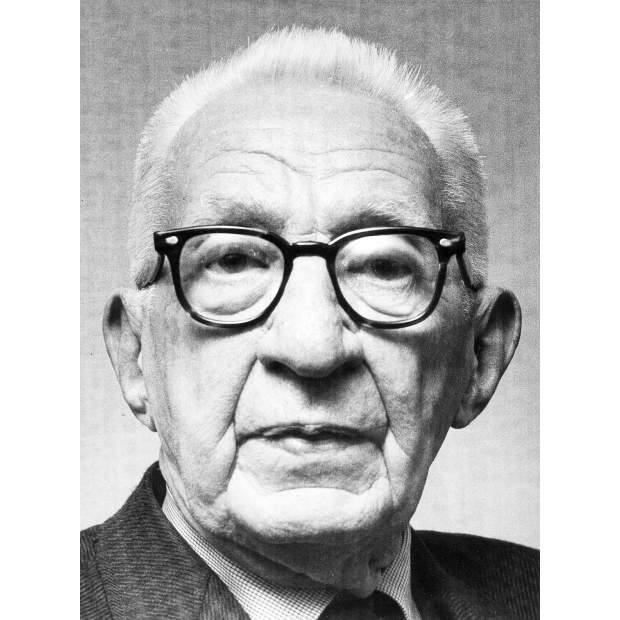
1928 Alexander Fleming noticed penicillin – had plenty of it.
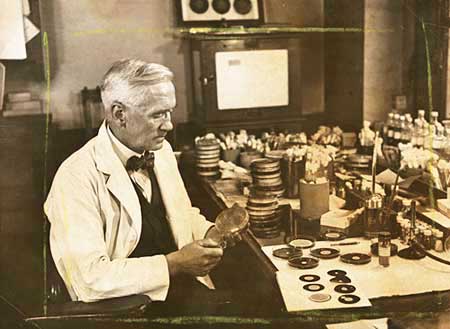
1935 The Nuremberg Laws were enacted in Nazi Germany – no comment

1981 Sandra Day O’Connor became a US Supreme Court judge
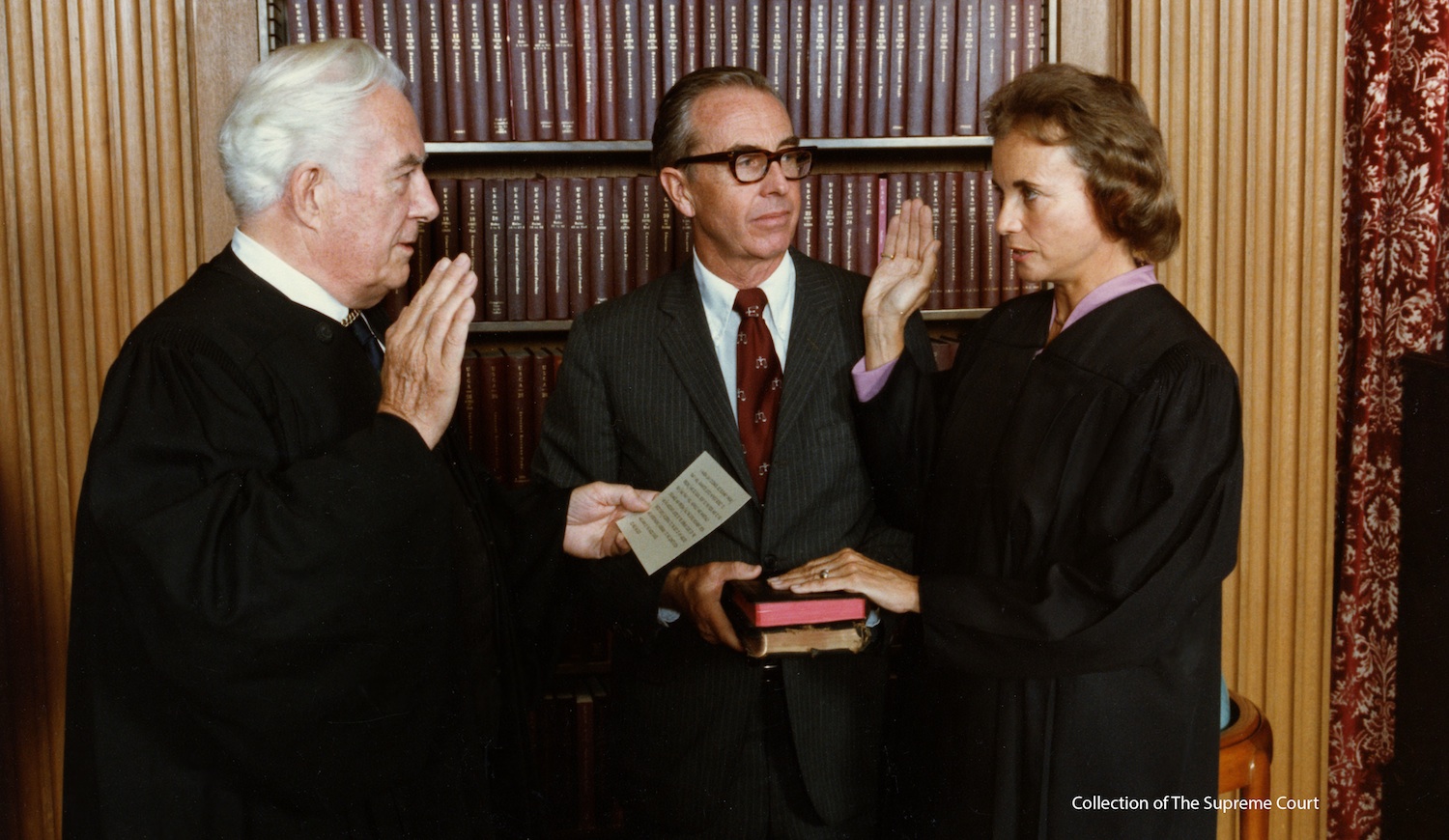
‘Evita’ at the Sydney Opera House
It is Eva’s show first and last, dead and alive, Eva and Evita. It’ll about Eva. Tina Arena nails the performance. Chapeaux!

The use of archival film was interesting and we wanted more of that, and that it be integrated into the story rather than merely wallpaper.
There is some clever choreography with the martinet toy soldiers.
But….
Yes, there are a number of them and they concern the narrative and the music. Me, I know nothing about music, so I will clear the air on that first. I found it to be repetitive. Even I could tell that. And it was shallow. The performers made the best of it, to be sure.
Moving on to the narrative.
It’s only a show. Why does it matter? Because, as with movies, many viewers will suppose it is accurate and after seeing it conclude they now know the Perón story. Aaaaargh!
Tomás Elroy Martínez called it an abomination and I can see why.
The narrative reflects the arrested development of a Hollywood script writer, whose idea of a sophisticated man of the world is Silvio Berlusconi. None of the depth and complexity of the principals and the circumstances are present.
The program notes comment that while driving the author heard ten minutes of a radio program about Eva and that set him onto the trail. Ten whole minutes of preparation! From a shallow medium itself. Yes, I know the notes go on about his subsequent research. Oh hum.
This is not the time and place to go into any of the details, though previous reviews on this blog about the Peròns are there to be seen.
In this rendering there is too little of the man himself, Juan Perón, and too much a man who was not there Ernesto Guevara. (Ernie was a teenager at time, by the way, and still living at home). The latter is a narrator of sorts, reeking of cynicism, wreathed in cigar smoke, and running with sprayed on water. Intrusive and pointless to this observer.
How can a story of Argentina have so little tango in it. While the dancers do as told, it is hardly tango. But its absence reminded me of Carlos Saura’s masterpiece ‘Tango’ (1998).
The telling is stocked with the usual tropes that preoccupy boys with arrested development, sex and money alternating with money and sex, leavened by sex and money.
As is to be expected in such tripe, there is also in the program notes (which are not paginated) a reference to Eva’s ‘Machiavellian management’ of her career. One stereotype is thus trotted out to explain another, and neither connects with reality. By the way, when a woman manages her career it is blackened as with that adjective ‘Machiavellian,’ but when a man does likewise it is the habit of a successful person to be emulated by others.
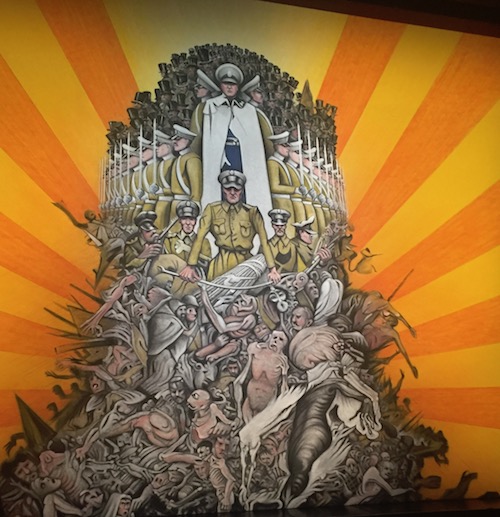
The screen cover over the stage depicted Perón rising on the corpses of hapless workers, guarded by intimidating soldiers, protecting plutocrats, and luxuriating in riches. It is quadruple play of error. And indicative of the intellectual and historical veracity of what followed.
14 September in history
1741 George Frideric Handel completed ‘The Messiah’ – heard that

1812 Napoleon in Moscow’s Kremlin – been there
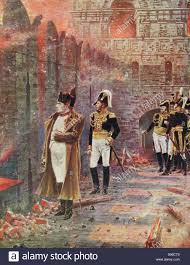
1939 Igor Sikorsky’s first helicopter – never done that

1959 The Soviet Union landed Luna 2 on the Moon – nor this

2001 Ansett Airlines bankrupt – I became an unsecured creditor, i.e., I had a pile of Frequent Flyer points now worth nothing.

‘A Concise History of Austria’ ( 2007 ) by Steven Beller
GoodReads meta-data is 334 pages, rated 3.7 by 52 litizens
Homework for a proposed trip to Vienna next year.
 This is part of series of concise histories.
This is part of series of concise histories.
History is just one thing after another, and in the case of Austria, the things occur here, there, and everywhere.
The book concludes with an outstanding summary of the paradoxes that comprise Austria today. In brief, the greatest Austrian is Wolfgang Amadeus Mozart who was born and raised in Salzburg when it was not part of anything Austrian and he never thought of himself as Austrian. See David Weiss’s ‘The Assassination of Mozart’ (1971) for melodramatic account of just how un-Austrian Mozart was. I read this title long ago.
Austria came to exist as lines on a map at the end of World War I, then it disappeared in the Anschluss (which despite ‘The Sound of Music’ was much desired by most living within those lines), and then reappeared as another set of dotted lines in 1945.
The Austro-Hungarian Empire (AHE hereinafter) developed from the vestigial Holy Roman Empire and the Hapsburg dynasty. The latter at one time included Spain, the Netherlands, and much of central Europe in today’s Austria and Hungary and as far south as Bosnia. The Holy Roman Empire is even harder to pin down. Its emperor was selected by German princelings, though Prussia – the most significant German-speaking land – was not included. Got it so far?
The AHE was polyglot, multi-lingual, scattered, variegated, poly-national, and changeable.

Yet in its core it was German with a considerable and influential cosmopolitan Jewish population in Vienna. When it stumbled into the Great War, it was in fact trying to avoid war, but being inept, instead it precipitated it. Most of the dozen ethnic nationalities in the AHE wanted no part of Vienna’s war and withheld men, material, and food. By 1916 Germany had taken over the AHE in all but name, managing its finances, commanding its armies (in Italy, Romania, and Russia), running the trains, distributing food, and directing the home front. The war was a chemical bath that dissolved the AHE long before the Treaty of Versailles made it official.
The move for German-speaking Austrians to join Germany, even after the latter’s humiliating defeating of 1918, was so widespread and strong that the League of Nations forbade plebiscites on the question of Anschluss. Uniting Austria with Germany would have enlarged and strengthened Germany at a time when the League, i.e., is France, wanted to weaken it. Instead the League fostered the creation of something that have never before existed: Austria, a nation-state.
It consisted of a hinterland and Vienna, and the two had little in common. While Vienna had long depended on Hungarian grain, Czech manufactured goods, and Slovene timber, it had little truck with the new hinterlands attached to it. Some like Salzburg were altogether new additions.
The Depression hit Austria like a hurricane. As Hitler’s Germany rose from the ashes it was the light on the hill for Austrians, and now more than ever they wanted Anschluss, partly to escape the penury of the times, but also to reclaim its own Germanic essence, and to reject the cosmopolitanism of Red Vienna (where communists, socialists, social democrats, Jews, and liberals busily undermined each other).
When the producers of ‘The Sound of Music’ asked Austrian authorities for permission to stage a parade simulating the Nazi German entry into Austria, they were refused. Why? Because Austrians hate Naziism so much that even today the sight of such a parade would ignite a terrible reaction which the authorities might be unable to control. Oh, replied the producers, in that case they would use the ample newsreel footage of the rapturous welcome Austrian gave Nazis in 1938. Ah, replied the authorities, here is the permit for the staging.
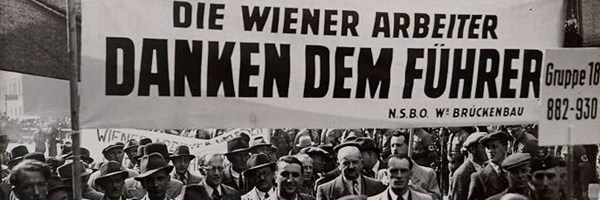
It makes depressing reading to see how eagerly Austrians joined Naziism in all of its worst deeds. The enthusiastic enlistments in the SS. The ready subservience to the Gestapo. The quick denunciation of Jews. The vigorous competition to host and staff death camps.
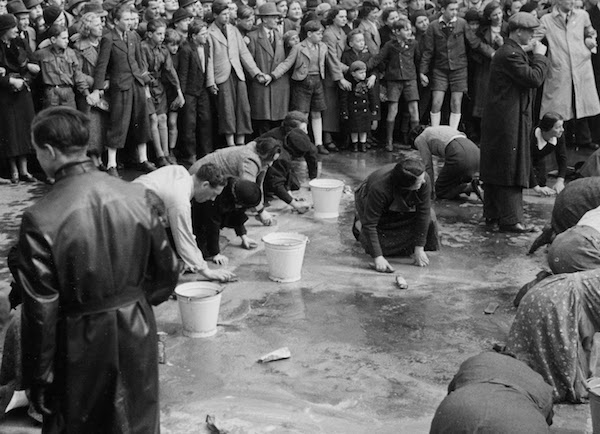 Figure it out.
Figure it out.
Before 1938 there were more than 100,000 Jews in Vienna, perhaps 1000 survived by 1945.
Austria and Austrians were willing allies of Germany. Whereas Bulgaria, Romania, Hungary, and others were bullied and cowed into the Axis camp, Austria entered to the sound of music.
Yet in the 1943 Moscow statement, sometimes called the Treaty of Moscow, the Allies said Austria was the first victim of Naziism. Huh? That has never made sense to me, and even less so as I read the litany of its crimes with Naziism in these pages. But now I see the point.
It was one instance of a broader Allied strategy to prise Germany’s partners away for it by implying they would be treated differently. In this spirit when Italy changed government in 1943, it was readily accepted by the Western Allies. Likewise for years FDR kept lines open to Vichy France to dampen its enthusiasm for Naziism. Abraham Lincoln tried the some thing throughout the Civil War, trying to woo individual southern states, like North Carolina, away from the Confederacy with some success.
Stalin went along with this terminology for his own reasons, namely, if it didn’t suit him later, he would renounce it as fake news.
Abracadabra! In 1945 Austria left its Nazi past behind. It was occupied by the Allies until 1955 but the de-Nazification process there was perfunctory from the beginning. See ‘The Third Man’ (1949) by Graham Greene. In fact, it became a route for Naziis to get to the Adriatic and escape. Schools, hospitals, railways, manufacturers and others were ordered to destroy the records for the period 1938-1945. Others did so on their own initiative. The Brown Years were erased and blurred and a national amnesia settled over the new lines on the map.
During the post-war Occupation, the Marshall Plan poured money into the western part of Austria, while Russia stripped the Eastern part of everything from heavy machinery, to concrete blocks from buildings, to clothing, and dried food. The wire from concentration camps was taken down, baled, and transported to the Soviet Union where it was used in the Gulag. So effective was this scraping of the earth that by 1955 there was nothing left to take. Then the dotted lines became solid as a new Austria emerged from the cocoon of occupation.
But by 1955 a neutral Austria suited both the Western and Eastern blocs. There came the Austria we know today. For all of its superficial worldliness manifested in Vienna in particular, it is inward looking, reluctant to change, intolerant, industrious, frugal, and insecure, says the author.
I saw Kurt Waldheim speak in 1986 and he denounced foreigners, insofar as I understood the German. That was in Salzburg, a place that became Austrian by drawing lines on a map, whose major claim to fame is a festival which originated in the desire to reject modernity. The lederhosen of tourism in Austria was a way to cling to its (fictional) past and avoid modern life with trade unions, urban life, women’s liberation, unruly students, the interaction of nationalities (Jews), international influences, protestants, and so on.
When the Berlin Wall fell, Austria shrank from engagement with its historic affiliations in the East, and only diplomatic pressure – greased by German marks – and deft handling by some Austrian leaders overcame that reluctance to admit reality. Yes, Austria had taken in 150,000 fleeing the Hungarian Revolution in 1956, but only on the understanding that they would move on further west. Ditto another 100,000 after the Prague Spring in 1968. These were experiences few Austrians wanted to repeated in the 1990s.
 Steven Beller has many other titles.
Steven Beller has many other titles.
While in Salzburg I heard an Austrian politician talk about the Brown Years of Hitler. One thing he said made perfect sense. We were disunited among ourselves, that is, even that minority who opposed Anschluss mostly argued against each other. After the war, the new Austrians of the new Austria closed ranks against all outsiders, and for these new people everyone else was an outsider, including even Austrian expatriates, Austrian Jews, and Austrians who were not German by language or Catholics by religion.
My next reading assignment is ‘Exact Thinking in Demented Times: The Vienna Circle and the Epic Quest for the Foundations of Science’ (2017) by Karl Sigmund.
When I went to Salzburg in 1986 I read Carl Schorske’s ‘Fin de Siecle Vienna’ (1980) and William Johnston, ‘The Austrian Mind: An Intellectual and Social History, 1848-1938’ (1972). I tried and failed to read Robert Musil’s ‘The Man without Qualities’ (1930). Not inclined to try again.
13 September in history
On this day in history, ignoring the International Dateline and all that relativity jazz.
122 AD work began on Hadrian’s Wall.

1759 The French lost North America on the Plains of Abraham – been there.

1814 Francis Scott Key was inspired to write the Star Spangled Banner – been there
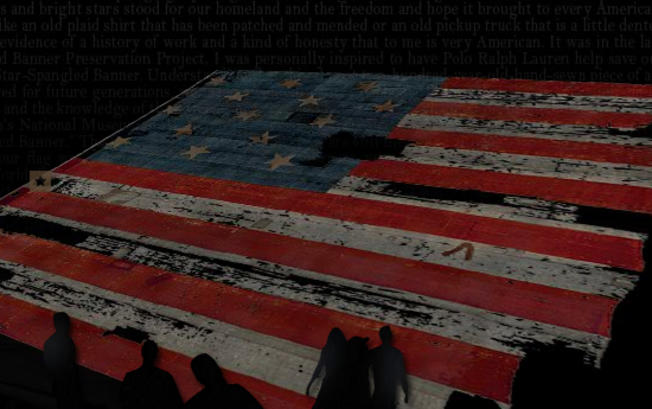
1847 Chapultepec Castle fall ends Mexican-American War – seen there

1955 A Swiss patents what became known as Velcro
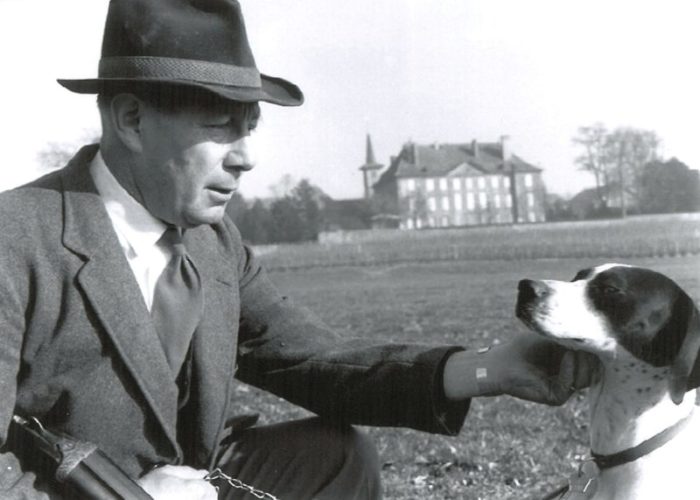
George de Mestral’s experiences picking burrs off his dog led him to think up Velcro. Well that is one explanation. The other is that the Vulcans told him in return for rocket fuel.
‘The Brain Eaters’ (1958)
IMDb meta-data is runtime of 1 hour even, over-rated 4.0 by 971 masochists.
Genre: Sy Fy and Snooze
Verdict: No brains were eaten in the making of this movie. Nor were any used.
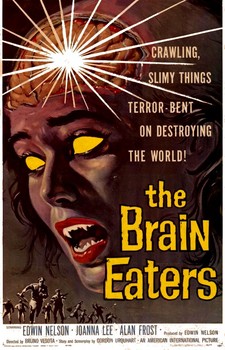
In Illinois farmland a silo appears. Well, a cone. There were already plenty of silos but no one notices them.
The cone sits there. Cone sitting.
Anticipating a plague of Cone Heads, a loud mouth Senator in Washington is granted executive authority by the President, who did neither constitutional law nor political science, to deal with the cone.
Big Mouth goes to Illinois and orders everyone around. Yawn, went the fraternity brothers. Ed crawls into the cone and finds nothing. The mystery deepens.
Meanwhile there have been three or more murders in the nearby small town. Huh? We see one in the opening sequence. A few people run around with a glowing basketball tucked under their coats. Hoosierland is indeed hoop country.
 See.
See.
There is one excellent scene early in the mayor’s office where he behaves oddly. Very. It is very well shot, a la Orson Wells, askew. Mayor goes ballistic. Literally. With a gun. Something is wrong! Got it. This scene is very well acted by the distraught mayor and nicely filmed. Much better than anything else in the picture. So much so, the fraternity brothers wondered if it was excerpted from another movie. The more so, since we never see or hear of the mayor again. Perhaps he was desperate to escape the rest of this movie. A wise man he proved to be.
More milling around and yelling occurs. Big Mouth makes many telephone calls, sends telegrams, tells a…. Ooops. No one replies to his missives. That cannot be right, he yells. I am too important to be ignored! Really? Think so?
Meanwhile the clock is ticking. Ever so slowly.
They realise the cone, which has been the focus of such attention as there has been, is a decoy. The real threat is elsewhere. Quick on the uptake, not. The attackers are moles from underground, not aliens from the stars. Huh! So that flash of light at the start was…a blown bulb, or what.
Meanwhile more and more people adopt the Quasimodo look. Finally there is a confrontation with Mr Spock, a noble suicide, a crashing bore, and the end.
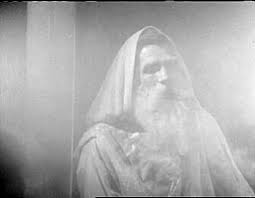
Mr Spock is credited as Leonard Nemoy. Ah huh. He got the last laugh.
The inference is that the glowing basketballs were eggs and when they hatch the tribbles that emerge fasten onto the nearest human spinal column and munch away. The infected human becomes a soulless automaton perfect for attending McKinsey management training seminars ad nauseam.
There is intrusive narration. When our heroes go to the telegraph office, the voice over tells us that they are at the telegraph office in case we missed the big sign that said ‘Telegraph Office.’ And so on. Perhaps that was a service for blind members of the audience. The use of such voice overs rather than dialogue indicates the lack of sound technician. One of the many lacks in this case.
Without a doubt it is derived from Robert Heinlein’s Sy Fy novel ‘The Puppet Masters’ (1951). Heinlein sued and settled out of court. Executive Producer Roger Corman agreed, says the web gossip, to buy the screen rights to two Heinlein books and not to put Heinlein’s name anywhere near this one. Corman did not use the rights he bought. That is very unlike Mr Tightwad. It took another forty years for ‘The Puppet Masters’ to be filmed, as reviewed elsewhere on this blog.
‘The Puppet Masters’ (1994)
IMDb runtime is 1 hour and 49 minutes, rated 5.9 by 7552 cinemitizens.
Genre: Sy Fy
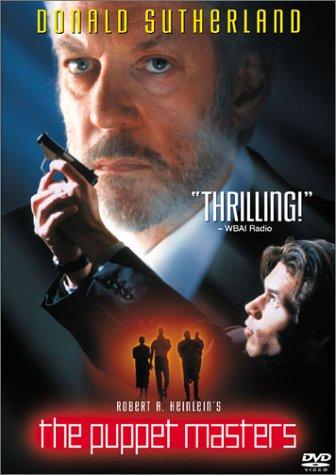
Verdict: Des Moines never looked better
In a small town in Iowa, but not blue-eyed Riceville, a spaceship lands and thereafter everyone is as dead-eyed as a born again Republican. They lose interest in sex and, believe it or not, in football!
The Masters proliferate at an alarming rate endangering the future of the Iowa caucus. To avert that catastrophe the resources of the distant and oppressive Federal government are mobilised in the person of a Canadian. Huh! Go with it.
The Masters attach themselves to the backs of victims, who seem to enjoy the experience, without leaving a wrinkle in a shirt or a hump under a blouse. Amazing.
The first fifteen minutes are whiz bang. The ship lands. Teenage boys find it. A baseball bat figures. Next thing you know everyone in town has a Master. The Feds come to check and shoot ‘em erupts in the local television station’s office.
After that rattling start the pace slows, and slows, and slows, punctuated by gratuitous fisticuffs, shoot ‘em ups, and chases that go around in circles. Regrettably it does not feature the (infamous) Des Moines Sky Walk, about which more below.
The Masters turn hosts into automatons who hate immigrants, blacks, homosexuals, success, table manners, Democrats, and good sense. Hmmm.
While there are two scenes where communication occurs between a Master and a man, these aliens seem to have no program. They are there to destroy, not to do anything more. Many have concluded that they were Republicans. I couldn’t possibly say. They make no plea that they have to do this to survive, that their home world has or is going to perish, that they bought Earth in good faith at a Milky Way real estate auction, that God told them to do it, that their KPIs require it, or any of the other standard tropes of the genre. In this respect the Masters fall short of ‘Teenagers from Outer Space’ (1959) who came to farm lobsters, a film reviewed elsewhere on this blog, hidden in a collective comment on several films. Search away. Or for that matter, ‘The Lobster Man from Mars’ (1989) who came to steal oxygen, also reviewed on this blog. Get to clicking to find it.
I cannot remember the book, which I read as a teenager, well enough to add anything sensible. ‘Guffaw,’ went the fraternity brothers. Right on cue. [Subsequent note, I did try to re-read after drafting these words of wisdom but found its 1950s machismo hard going. It reminded me vaguely of the stories in men’s magazines of the era in barbershops.]
The film is repetitive and violent and the FBI warning contains the following note. The film has ‘violence, gore, and BRIEF LANGUAGE.’ Yep. That put the fraternity brothers on high alert. Violence? Check. Gore? Check. But, whoa, brief language? Nope. There is a lot of yapping.
There is much running around in Des Moines car parks and the city hall environs. The energy is high; the meaning is low; the character development is zero. Muscle is supposed to be Canadian’s alienated son. ‘So what,’ asked the fraternity brothers. Good question, since we never do find out what to make of that except that Canadian wears Armani suits. There is sex interest in an exo-biologist but there is neither spark nor sparkle there. Linda Fiorentino would have burned a hole in the screen in that role, but this player is bland on bland. By the way, Keith David nearly steals the show in a supporting role. Don’t blame him for the final turn which came from the writer and the director, not the player.

Likewise, Will Patton, as the nerd boy who figures a lot of it out, is a pleasure to watch.
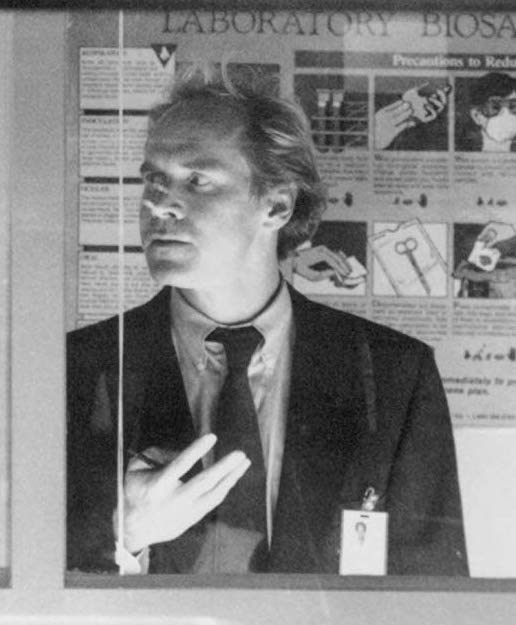
But we don’t get a lot of thinking in this slam-blam adaptation. Yaphet Kotto is entirely wasted as an empty uniform.
Sometimes killing the host kills the parasite and other times it does not. Mostly it does not, but when the parasite ridden bodyguards of the President are mowed down, the parasites go quietly. That puzzled the fraternity brothers, briefly. Nothing stays with them long.
The stunt work is fabulous with nary a CGI in sight. The night para-glide into the heart of darkest, alien infested downtown Des Moines was great fun. But once there it is the same old, same old. The running, jumping, falling, fighting, shooting was masterful if one wants it. But after the fourth or fifth time with no forward progress in the story or the people, well, who cares.
While the critics linked to the IMDb comment on the small budget, it seems to be large and talented cast with plenty of money for stunt work. The list of stunt men and women acknowledged in the credits rolls on and on.
The story comes from Robert Heinlein’s 1951 novel, in which it is clear that the parasites are Commies sapping the vital red, white, and blue juices from Americans who are too dumb to know that they are being drained. Heinlein has a claim to be the Dean of Sy Fy in the 1950s. He was an Arctic Cold Warrior – seeing reds as slugs, bugs, and cruds. Slugs in this outing. Bugs in ‘Starship Troopers.’ And cruds in ‘Red Planet.’ And under every bed, disguised as dust bunnies.
The patience of readers to this point is rewarded with a comment on the Des Moines SkyWalk.

It was built in the 1970s to allow downtown office workers to traverse its four miles of elevated walk ways in comfort, out of the weather of the Great Plains. It connects to several large car parking garages, a bus exchange, office blocks, city hall, retail malls, a sports complex, hotels, and is dotted with cafés, fast food franchise, laundries, and the like. It served two purposes, one, to keep jobs in the downtown area rather than in outlying business and industrial parks, and, two, to attract companies to locate in Des Moines.
We used the SkyWalk in Des Moines and learned a sad lesson. Everywhere else in the known world North is always at the top of a map. Not so in Des Moines. When we paced the SkyWalk we saw helpful, illuminated maps at every junction and read these to navigate. BIG MISTAKE. Soon we were going around in circles and off course. Why? How could this be? We looked more closely at the maps, one after another. On some North was at the top, where it should be. But on others it was to the right, or left, or a diagonal, or at the bottom. No two consecutive junction maps had the same orientation. Believe it or not, Ripley!
The maps were useless to outsiders. And no doubt were never consulted by locals. While there is some information on the SkyWalk to be found on the internet none of it addresses this fundamental point. Is it any wonder that no famous explorer ever came from Iowa? Couldn’t find north.
There is an app. Wonder where north is on it? No plan to find out.
While the RÉSO in Montréal has far fewer maps, they are consistent and put the true North, strong, brave, and free where it should be.
It seems the SkyWalk has kept jobs in the downtown, about 75,000 of them according to the Chamber of Commerce, and in so doing has brought new opportunities to Des Moines. It has also obeyed the law of unintended consequences and nearly destroyed street level commerce. Everyone uses the SkyWalk in preference to the street. There are virtually no walk-ins to businesses on the streets. The space for businesses on the SkyWalk is much less than on the street, so the net effect is to squeeze out small businesses from downtown.
So it is said. I would say Iowans are going around and around on the SkyWalk because they cannot find north.
Michael Shayne’s Seven embodiments by Lloyd Nolan (1940-1943)
Lloyd Nolan made seven B movies as Michael Shayne in the early 1940s. Within the limits of the genres, Noir and Comedy, they vary. Only one of them includes any reference to World War II. The details of the seven follow my comments.
‘Sleepers West’ is the most interesting.
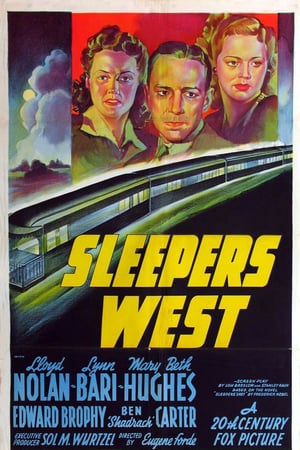
Shayne escorts a secret witness on a train ride from Denver to San Francisco while villains on board plot to terminate that witness. The touch is light, and there is marvellous subplot involving two journeyman actors, Mary Beth Hughes and Louis Jean Heydt, a rarity to see these two with a chance to act, and they take it.
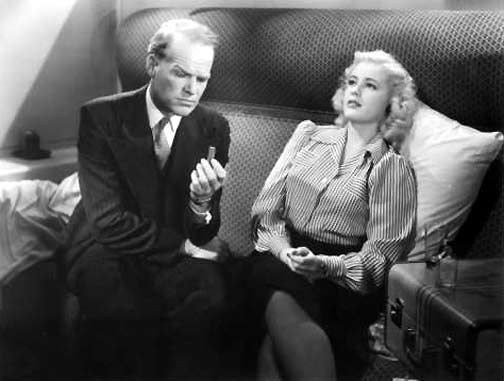
The result is pathos amid the action. In another sidebar the train engineer has his moments, too, as does the fireman shovelling the coal. Further enriching the film, Lynn Bari crackles with intelligence as a newshound.
There is a deadly serious take on this story in ‘The Narrow Margin’ (1952).
‘The Man Who Wouldn’t Die’ is excellent in its noir mood. There is a separate review of it elsewhere on this blog. Seeing it stimulated me to watch the whole set.
Dressed to Kill’ is theatrical in its setting and has a convoluted plot.
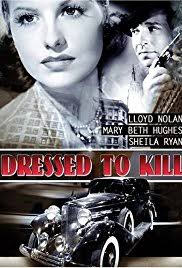
It is formulaic but done with vigour. Henry Daniell adds the caustic tone in which he specialised. It seems all too typical of the times that the two actors playing the black stereotypes are mismatched in the credits. Most of the action takes place on the ocean liner. Superman is there, Steven Geray adds his Hungarian accent, but the real surprise comes at the end. No spoiler. There is a pip of a scene early in the piece in a convenience store run by Frank Oth and Mae Marsh, two veterans who shine in their small parts.
‘Time to Kill’ puts Shayne into Phillip Marlowe’s shoes with a variation on Raymond Chandler’s ‘The High Window’ aka ‘The Brasher Doubloon’ (1947).
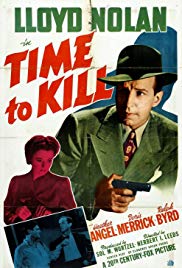
It gets the highest rating from the cinemitizens.
‘Just off Broadway’ starts and ends in a court room where Shayne takes over proceedings. Sergeant Bilko enlivens the show. The knife-throwing act is better done in this instance than in most other films. Was it for real? Marjorie Weaver, a veteran of other titles in this series, is pitch perfect as his gal pal. No idea how the title applies to the story. There are two oblique references to the war in this one.
1.’Michael Shayne, Private Detective’ (1940), 1 hour and 17 minutes rated 6.7 by 317, released 10 January 1941.
2.’Sleepers West’ (1941), 1 hour and 14 minutes, rated 6.8 by 303, released 14 March 1941.
3.’Dressed to Kill’ (1941), 1 hour and 14 minutes, rated 6.5 by 862, released 16 October 1941.
4.’Blue, White and Perfect’ (1942), 1 hour and 14 minutes, rated 6.8 by 264, released 6 January 1942.
5.’The Man Who Wouldn’t Die’ (1942), 1 hour and 5 minutes, rated 6.7 by 340, released 1 May 1942.
6.’Just off Broadway’ (1942), 1 hour and 5 minutes, rated 6.1 by 122, rated 24 September 1942.
7.’Time to Kill’ (1942), 1 hour and 1 minute, rated 7.0 by 124, released 22 January 1943.
Thereafter Nolan like much of Hollywood concentrated on war movies. He compiled 160 credits on the IMDb, but given how ubiquitous he is, that seems too few.
